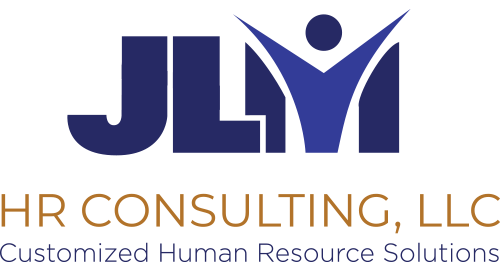The Ongoing Evolution of Hybrid and Remote Work
By Gwendolyn C. Dorsey, Ed.D.
HR professionals are constantly executing as the future of work continues to evolve. According to Jen Colletta, from HR Executive, workplace logistics have been the focus. Coletta emphasizes employees want flexibility, which should be a key component of any current or future HR strategy. However, other authors suggest flexibility is not enough if remote culture does not include structure, accountability, and specific strategies to ensure employee success.
In this new office culture, companies must be prepared to handle possible negative consequences that can arise from the “work from home” model on company culture. There are three red flags that Julie Rieken, suggests should be easy to detect.
1. Low meeting engagement – Companies cannot mandate that all employees turn their cameras on during meetings but can make meetings more inclusive. For example, create clear team expectations for on camera participation and utilize polls and live questions.
2. Siloed departments – Information barriers between departments can occur. One way to help prevent this from happening or to change this is to watch email and other digital traffic. Another is to actively encourage moments for employees to engage in ideation or mentorship. These are just two strategies to assist in strengthening relationships between departments.
3. Poor employee communication – Remote work makes it easier for employees to be less accessible in real-time. Accountability standards are necessary. To help facilitate “in-person” office dynamics, companies can monitor for long or irregular gaps between replies or notice a consistent pattern of missed calls and late responses. Updated employee policies will provide clear guidelines on expectations with regard to work hours and response times.
In the article from Ben Brooks, founder, and CEO of PILOT, agreed hybrid and remote work structures are not going away. He also noted the changes made to date, such as setting up work schedules or which days can be remote are “tactical” and that it is now time to focus on how to ensure employees are set up to succeed. Brooks shares every employee, manager and executive must have a developmental plan whether working hybrid or in the office every day. He discusses five critical areas which include “elevating our self- and situation-awareness, advocating for ourselves, meeting our managers halfway, investing in relationships, and being self-directed.” Brooks emphasizes the importance of choosing one to focus on for 2022.
As hybrid work continues to evolve, HR professionals will play a pivotal role in ensuring changes and challenges are met with consistency and balance so that all employees feel needed and part of the growth of their company. Click on the links below to read the full articles from HR Executive on more strategies for implementing successful hybrid/remote workplaces.
Resources:
